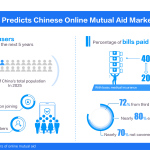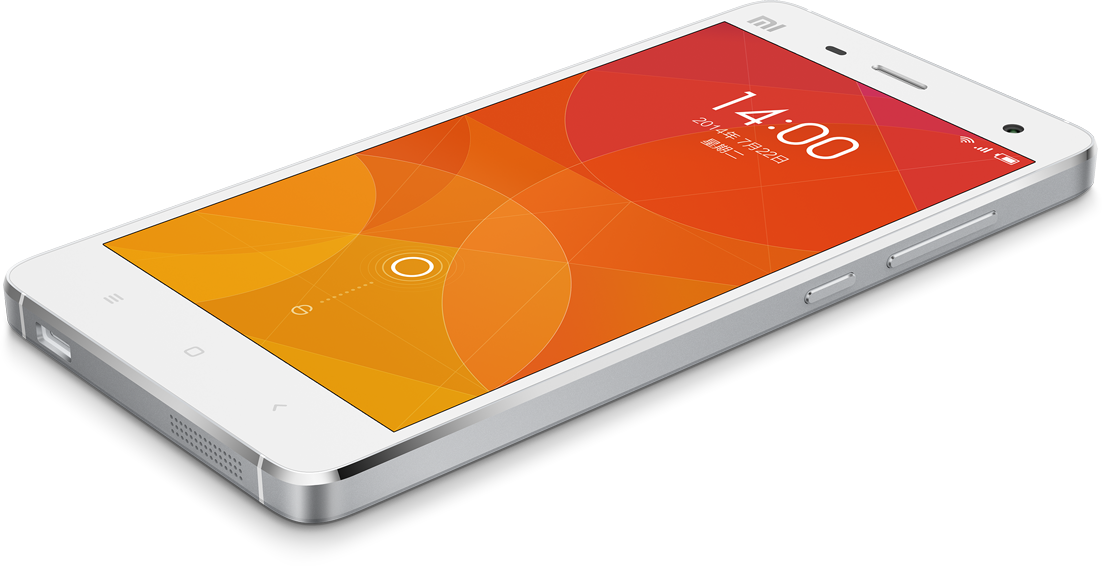HANGZHOU, China--(BUSINESS WIRE)--By 2025, China's online mutual aid industry is expected to reach 450 million users, or nearly 32% of the country’s population, three times the number of current users, according to the Online Mutual Aid Industry White Paper published today by the Research Institute of Ant Group (“the Institute”).
The industry white paper, the first of its kind in China, surveyed over 58,000 users of online mutual aid on their perceptions of the industry. Nearly 80% of the respondents felt that online mutual aid platforms strengthened their sense of security. Over 53% also stated that they would consider enrolling their family members in online mutual aid programs.
Users of online mutual aid programs in China are primarily from low-income or middle-income households, according to the white paper. Among those surveyed, who took part in March this year by responding to an online questionnaire, 80% earn less than RMB 8,333 (USD 1,180) per month while 72% come from third or lower-tier cities and rural areas.
“Online mutual aid platforms have become a complementary force in China’s comprehensive healthcare system, which is comprised of both essential public coverage for all citizens and commercial health insurance,” said Zheng Bingwen, Director of the World Social Security Center at the Chinese Academy of Social Sciences and one of the advisers to the white paper.
The reimbursement rate of China’s serious disease insurance scheme, part of the public healthcare system, is capped at 60%1, leaving a portion that patients still need to pay themselves. According to the white paper, online mutual aid programs serve as a complement by further reducing out-of-pocket expenses accrued in the treatment of critical illnesses, bringing it from 40% to below 20% for patients solely dependent on public healthcare coverage.
The white paper estimates that more than 150 million users had enrolled in various online mutual aid programs in China as of the end of 2019, of which over 100 million use Xiang Hu Bao, the online mutual aid platform housed on Alipay, the world's leading open digital lifestyle platform.
Amid the Covid-19 outbreak, Xiang Hu Bao in February also introduced a temporary one-time protection scheme free of charge for all participants, offering a payout of up to RMB 100,000 (USD 14,000) if someone who takes part passes away from the infection. Payouts were entirely borne by Ant Group and Xiang Hu Bao participants did not need to bear the cost.
“As awareness and concerns about health-care needs grows in China, especially since the Covid-19 outbreak, public demand for more comprehensive and diversified healthcare coverage will continue to rise,” said Ming Yin, Vice President of Ant Group. “Online mutual aid platforms will have an increasingly important role to play in providing a basic health plan for people, who can then choose from a wide range of healthcare services and policies.”
“We are committed to serving more users across China and providing them with inclusive mutual aid programs tailored to their specific needs,” Mr. Yin said.
While nearly 70% of online mutual aid participants surveyed in the white paper said they were not covered by commercial health insurance, over 42% said they intend to purchase such insurance products in the future.
This finding is in line with a survey conducted by FT Confidential Research2 in June 2019, which found that 33% of Xiang Hu Bao’s participants intended to buy a critical illness insurance product over the next six months, versus only 22% of those who do not use the platform.
About Xiang Hu Bao
Xiang Hu Bao, which literally means “mutual protection,” was launched in October 2018 and provides its participants with a basic health plan covering 100 types of critical illness, including thyroid cancer, breast cancer, lung cancer, critical brain injury and acute myocardial infarction. All participants equally share the risk of becoming critically ill and collectively bear the related medical expenses. On the Xiang Hu Bao platform, the entire evidence submission process is powered by Alipay’s proprietary consortium blockchain technology, which ensures the process is tamper-proof and helps to increase the platform’s transparency, differentiating itself from other mutual aid platforms. While Xiang Hu Bao is not a health insurance product, it complements premium health insurance offerings in the market that have a wider range and depth of coverage.
About Alipay
Alipay is the world's leading open digital lifestyle platform operated by Ant Financial Services Group (Ant Group). In 2004, Alipay launched as an escrow service to address the issue of trust between online buyers and sellers in the early days of e-commerce in China. Continuously innovating to bring mobile payment to the world, Alipay serves more than 1.2 billion users worldwide together with its global e-wallet partners as of June 30, 2019. Alipay has evolved from a payment tool to become a one-stop digital lifestyle platform. Through an open platform strategy, it introduces service providers from sectors such as local living, public services, and financial services, to bring consumers a more comprehensive experience. Along the way, it helps merchants digitalize their operations, promoting digital transformation in the service industry.
Alipay actively shares its financial technology experience with overseas partners, in order to bring inclusive financial services to the world. Working with more than 250 overseas financial institutions, Alipay created online payment channels for buyers and sellers in more than 200 countries and regions. When Chinese people travel abroad, they can pay directly using their mobile phones, and receive dedicated local merchant services through Alipay. These services have been introduced in 56 countries and regions. Tax reimbursement via Alipay is supported in 35 countries and regions, and Alipay supports 27 different currencies. In addition, foreign tourists and foreigners living in China can also use Alipay for mobile payments in the country.
1 Source: http://www.xinhuanet.com/english/2019-05/12/c_138052821.htm
2 Source: https://www.ft.com/content/3bbf683e-a325-11e9-974c-ad1c6ab5efd1
Contacts
Media Enquiries
Bell Wang
E: yixing.wl@antfin.com











